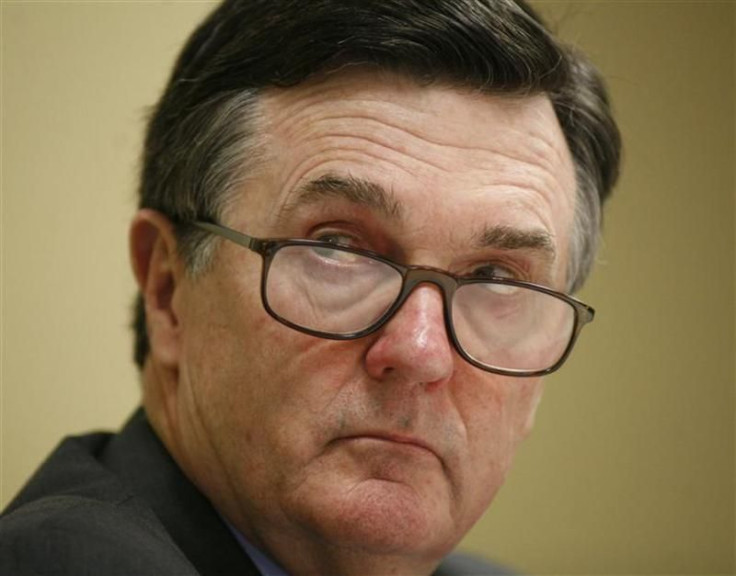Fed's Lockhart Closer to Supporting Economic Stimulus

Dennis Lockhart, president of the Federal Reserve Bank of Atlanta, said Friday he might support more central bank attempts to stimulate the nation's moribund economy.
But speaking to the Mississippi Economic Council, he also warned that further monetary stimulus wouldn't act as a miracle cure to the issues plaguing the economy.
I think we should have modest expectations about what further action can accomplish, Lockhart said, according to a prepared transcript. I do not think this means monetary policy is impotent or has reached its limit. But I don't see more quantitative easing or similar policy action as a miracle cure.
Lockhart is viewed as a key swing voter on FMOC and has moved closer to supporting another economic stimulus. In April he was against large-scale bond purchases, but in recent interviews Lockhart has said it is an option that the Federal Reserve cannot rule out.
The Atlanta Fed President, a voting member of the key rate-setting Federal Open Market Committee, indicated some support for another round of quantitative easing if the status quo continues. He supports current policy assuming a step-up of output and employment growth into 2013; otherwise the forecast will become untenable, as will the policy premises underlying it.
Regarding output estimates, Lockhart believes that the Congressional Budget Office's 5.5 percent estimate isn't accurate.
I think the output gap -- the amount of slack in the economy -- is neither as sizable as the high-end estimates, nor is it zero, he said.
That represents a potential issue, according to Lockhart, because if it is actually near 5.5 percent it would justify easing, while if it is closer to zero stimulus will be counterproductive and could do harm in the longer run.
© Copyright IBTimes 2025. All rights reserved.




















